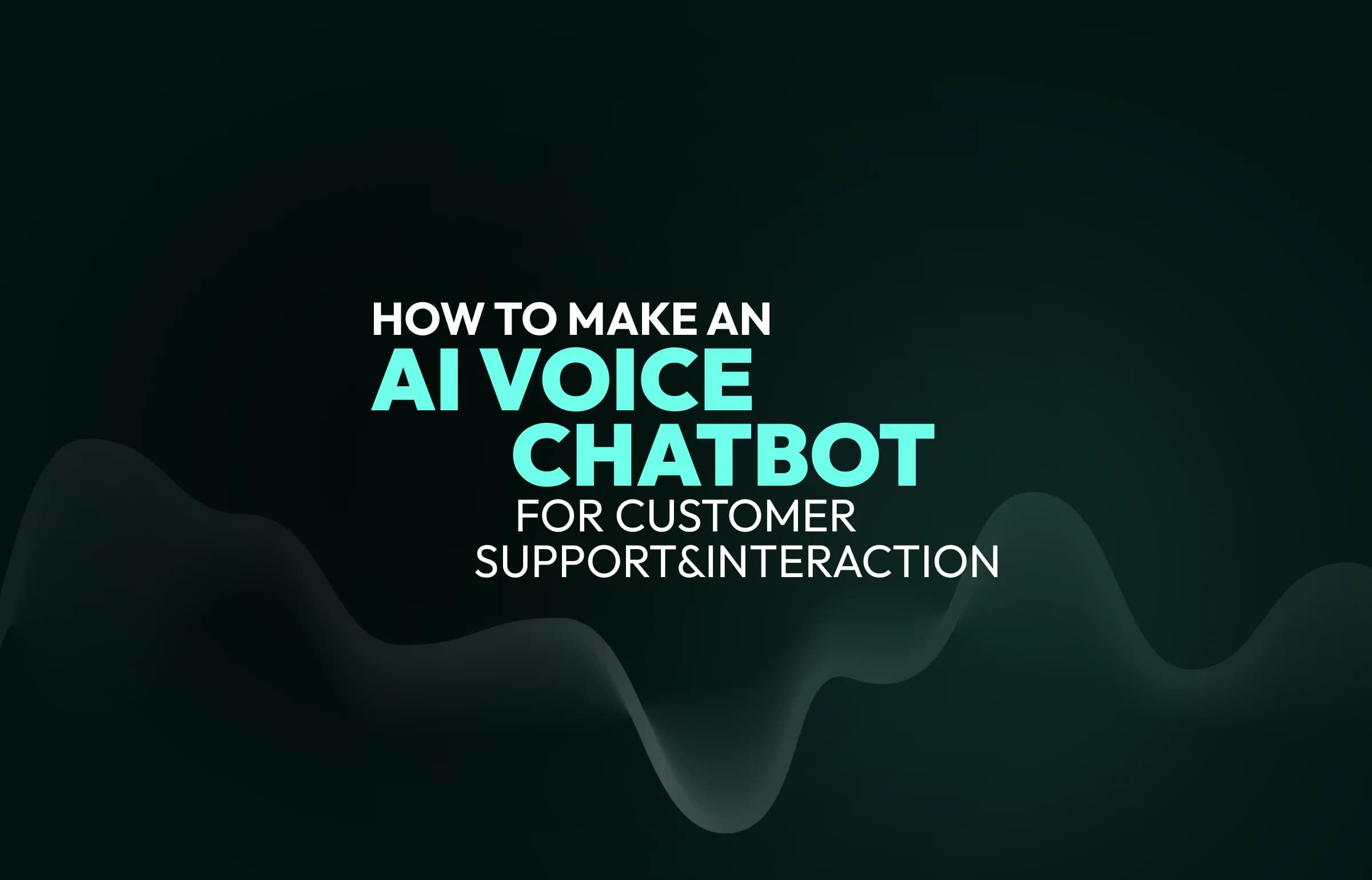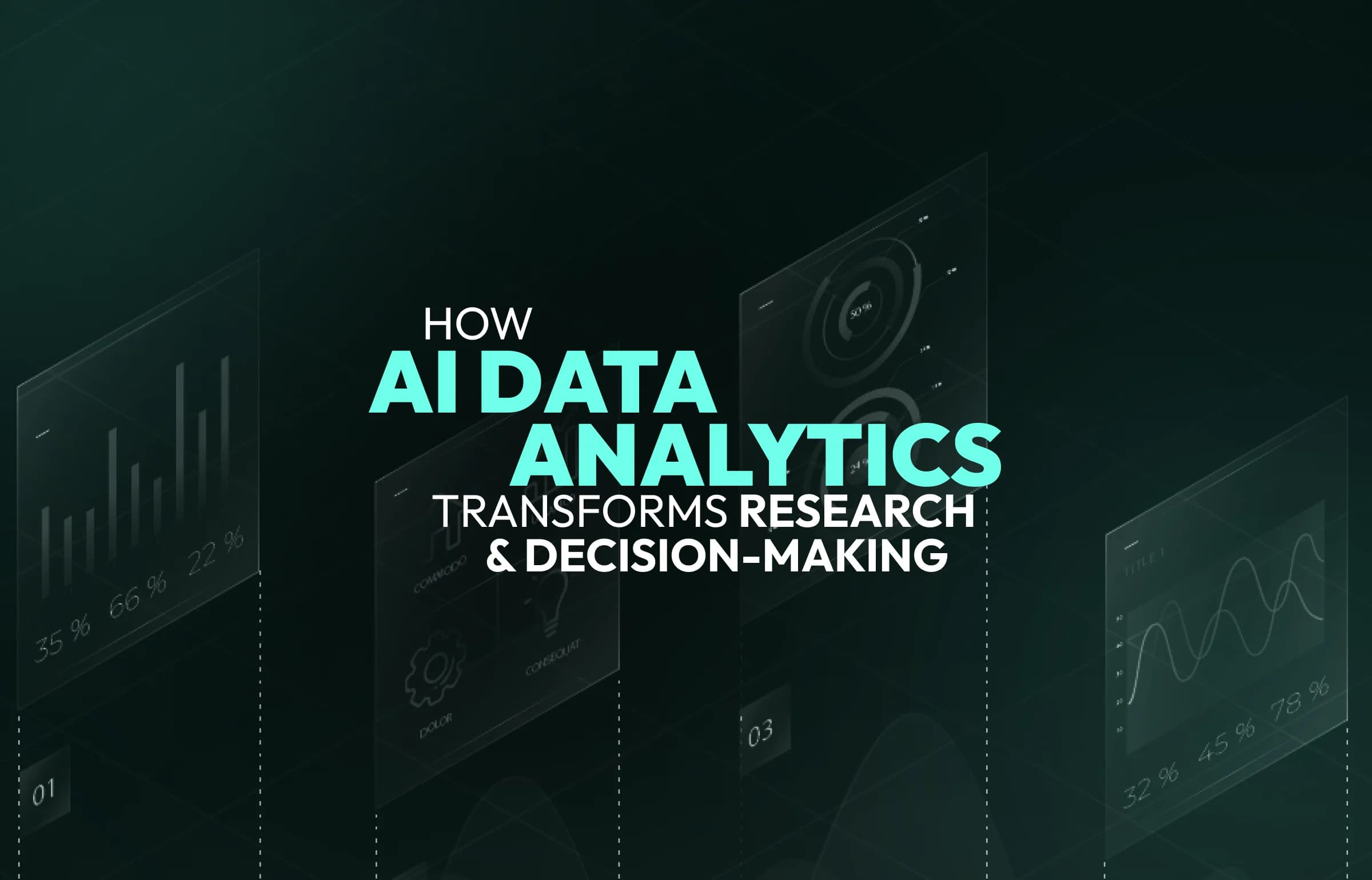
All E-Commerce SaaS: Key Features, Leading Platforms, and Benefits in 2025
Updated:October 15, 202510 min read
According to Business Research Insights, the global e-commerce SaaS market is expected to reach $29.82 billion by 2032. This number is driven by the enhanced interest in data analytics, new e-commerce integrations, and the increased usage of mobile phones.
Intro
SaaS platforms are becoming an increasingly interesting solution for entrepreneurs who want to start an online business in a short time and without high costs. Unlike free CMSs like WordPress or Joomla, e-commerce SaaS services offer their users more options:
- Customized design;
- Reliable e-commerce engine;
- 1-click integration setup;
- Convenient sales management;
- Easy management, etc.
SapientPro's SaaS ecommerce development team has worked a lot with such projects and knows all the SaaS ecommerce disadvantages and benefits. In this article, we explain how to create SaaS ecommerce and what ecommerce SaaS tools you need for this.
What Is a SaaS E-Commerce Platform?
SaaS ecommerce solutions are ready-made software for creating websites based on them. Creating an online store on such platforms does not take much time and does not require any technical knowledge.
For example, after registering on the e-commerce SaaS platform to create branded online stores, you will receive the desired website in a matter of days or even hours. The specificity of such services is that an online store is not a product but a service. That is, you do not buy a website, but pay for its use along with professional maintenance.

Who Can Use a SaaS Platform for Online Stores?
SaaS platforms are designed to solve specific business tasks, such as improving customer experiences, streamlining operations, and increasing sales. E-commerce SaaS platforms offer ready-to-use solutions like inventory management, secure payment processing, personalized marketing tools, and scalable storefront designs. They offer functionality designed for several categories of businesses:
- Merchandisers and product manufacturers with existing offline stores that are looking to expand to online.
- Medium-sized businesses that need a functional and user-friendly online store with a recognizable design.
- Small businesses that are just starting their entry into the market and want to get started with online sales as soon as possible.
SaaS is perfect for small businesses launching online, medium-sized companies seeking user-friendly stores, and merchandisers expanding from offline to digital. All can benefit from SaaS e-commerce platforms. These solutions offer scalability, ease of use, and ready-to-go tools for business.
Is it Easier to Promote an Online Store on a SaaS Platform?
Modern e-commerce SaaS platforms are compatible with all marketing and advertising tools necessary for effective website promotion. This includes:
- SEO. For example, SaaS-based online stores have everything they need for search engine optimization of pages and their promotion.
- Google Shopping. SaaS-based online stores make it easy to run ads that bring relevant and cost-effective traffic from Google.
- Targeted advertising. SaaS-based online stores can be integrated with Facebook tools to customize social media advertising campaigns.
While it’s easier to promote an online store on a SaaS platform, the effectiveness still depends on your strategy, content, and budget.
E-Commerce SaaS Benefits
SaaS platforms have their advantages, which lead to a growing demand, especially in times of crisis when many businesses are limited in resources. If an entrepreneur is choosing between two budget options, a SaaS ecommerce platform or a free CMS, there are several benefits to keep in mind.

Design Customization
SaaS allows you to change the design of your website at any time, add new design elements from the ready-made sets offered by the service, or even individual scripts to create a unique design. All this is very simple, fast, and requires no special skills. For a fee, you can order individual design development, so there is no problem in creating a unique style.
Control Over The Functionality
On a SaaS ecommerce platform, you have the opportunity to add logistics operators, payment systems, features for managing products/orders/feedback, and other business processes. All of this is already included in the e-commerce SaaS service's functionality, and it's easy to make such an integration — almost in 1 click. At the same time, owners of online stores using open-source CMS have to make integrations on their own or with the help of specialists.
Security Level
SaaS-based ecommerce platforms specialize in the creation of online stores, so they provide a high level of security in terms of e-commerce. This is especially true when it comes to maintaining the confidentiality of customer information and secure online payments.
Regular Updates and Technical Support
Since you pay for the service, you will receive full supervision of the website under the ecommerce SaaS model. You do not need to worry about the technical aspects of your online store, such as software updates, backups, hosting, etc.
The platform team takes care of most of the worries. If you have an online store on an open-source CMS, you need to be technically savvy to set tasks for programmers and check the quality of the work performed.
Scalability
Entrepreneurs can expand their online store, add new products, expand the range of products, and improve features and other capabilities depending on the needs of their business. This allows you to grow your business without complicated reconfigurations or migration to another platform.
Package Payment Principle
SaaS-based ecommerce platforms have monthly or annual subscriptions with different plans, the cost of which depends on:
- Number of services provided;
- Functionality of the online store;
- Number of integrations, etc.
The screenshot below shows Salesforce's and Shopify's pricing plans. You can transparently see how much and for what exactly you pay so you can choose the most optimal and profitable option. Regardless of the chosen tariff, the service takes care of hosting and updates, as well as provides technical support and warranty service.
Integrity
A particular SaaS ecommerce platform has a single development team. This means that you will never encounter module conflicts that often occur in open-source CMS where thousands of developers can work on it at the same time.
Automation
SaaS platforms have an open API — a set of components for connecting the content management system with other programs. Thanks to the API, you can automate processes in an online store through a set of methods that can be implemented in a particular software.
Unlike free CMSs, SaaS-based ecommerce platforms already have pre-configured integrations. For example, they allow you to quickly set up a CRM system that will meet your business needs and simplify the process of managing your website.
SaaS vs Open-Source E-Commerce: Key Differences
Here is a side-by-side comparison that makes it easier to weigh the advantages and limitations of each option based on your business needs.
Feature | SaaS Ecommerce | Open-Source Ecommerce |
|---|---|---|
| Ownership | Limited control; managed by the provider | Full ownership; complete control of the code |
| Customization | Limited to built-in tools and APIs | Highly customizable with access to source code |
| Cost | Subscription-based with predictable monthly fees | Free software but includes hosting and development costs |
| Technical Expertise | No coding skills needed; user-friendly setup | Requires technical expertise or a developer |
| Scalability | Easy to scale with provider’s resources | Requires server upgrades and careful planning |
| Time to Launch | Fast deployment with pre-built templates | Slower due to extensive setup and testing |
| Security | Managed by the provider, including updates | Responsibility falls on the business owner |
| Maintenance | Handled by the platform provider | Requires manual updates and patches |
| Hosting | Included in the subscription | Requires separate hosting |
| Support | 24/7 support included | Community support or paid professional help |
Examples of SaaS E-Commerce Platforms
SaaS ecommerce solutions are designed to simplify the process of setting up and managing an online store. Following are a few SaaS ecommerce examples, along with what sets each apart.
Shopify
It is one of the most popular platforms globally. It offers an intuitive interface, thousands of integrations, and a large marketplace of apps. Features like multichannel selling, abandoned cart recovery, and payment processing make it a go-to choice for entrepreneurs.
Best for: small to medium-sized businesses, drop-shipping stores, and growing brands.
BigCommerce
BigCommerce comes with built-in full-strength features, making it perfect for scaling businesses. While some shopping carts require third-party apps for a majority of their features, BigCommerce has advanced SEO tools, checkout page customization, and multi-currency support out of the box.
Best for: B2B ecommerce SaaS and growth-focused businesses who consider SEO optimization important.
Wix eCommerce
Wix fuses the flexibility of website building with the power of e-commerce. It's great for small businesses that want to create visually stunning stores with minimal technical knowledge. Drag-and-drop tools and fully customizable templates make it friendly for beginners.
Best for: creative businesses, like boutiques or craft stores.
Squarespace
Squarespace is great for sleek, design-focused templates. It's ideal for brands where visuals are key, such as those within the realms of fashion or photography. It may not be as full-featured as Shopify or BigCommerce, but its simplicity and aesthetic appeal are awesome.
Best for: design-oriented small businesses and personal brands.
Salesforce Commerce Cloud
Salesforce Commerce Cloud is a powerhouse in enterprise-level ecommerce. It offers scalability, AI-driven personalization, and advanced marketing automation. It's perfect for businesses that have to manage several storefronts or run international operations. By the way, AI is transforming ecommerce tremendously, and using a SaaS platform with AI personalization offers a significant advantage.
Best for: large-scale operations and omnichannel businesses.
HubSpot Commerce Hub
HubSpot Commerce Hub handles everything and anything payment-related. The platform comes with built-in CPQ tools, the option to send out, manage, and track invoices, as well as subscription management features, complete with automatic payment reminders and recurring revenue reports.
Best for: solopreneurs and small to large retail or service providers
Ecwid
Ecwid is lightweight and integrates eCommerce functionality into existing websites. It is ideal for small businesses or those who just want to dip their feet into online selling without creating a full-fledged store.
Best for: small retailers and service providers.
What Is Cheaper: SaaS-Based Ecommerce Store or CMS-Based Ecommerce Store?
Even when building an online store on free CMS, the owner will have to bear significant costs for upgrading to the required functionality and support work. The level of these costs cannot always be calculated in advance, unlike ecommerce SaaS ideas. SaaS ecommerce development costs are much easier to forecast and operate with.
Feature | Open-source CMS (free) | SaaS platform |
| Using the platform itself | Free of charge | Within the selected tariff plan |
| Hosting | Paid additionally | Included in the price |
| Web developer's services to finalize and update the site | Paid additionally | Included in the price |
| Additional modules (multi-language plugins, modules for various integrations, etc.) | Can be both paid and free of charge | Included in different tariff plans (choose the best one) |
| SSL certificate for a website | Can be both paid and free of charge | Included in the price |
| Integrations with third-party services | Can be either paid or free of charge | Included in the price |
Why Choose SapientPro for Expert SaaS E-Commerce Implementation?
Building a successful online store involves a lot more than just selecting a platform. Rather, it's very much about getting the right partner to realize your vision and build SaaS ecommerce.
Here's what makes our SaaS ecommerce development services the best choice for your business:
- Platform expertise. We don't just create stores like most SaaS ecommerce development companies do. We do everything possible with platforms like Shopify, BigCommerce, and Salesforce Commerce Cloud to bring your vision to life. Be it a custom workflow or a more advanced integration, we can make these tools work toward your goals.
- Your business, your solution. Every business has its quirks and complexities. That's why we avoid cookie-cutter approaches. Our SaaS ecommerce development team crafts e-commerce solutions tailored to your operations, so your store isn't just functional but really a mirror of your brand.
- Continuous collaboration. We are not a “launch and leave” team. SapientPro is full-service, meaning we stay involved in training, fine-tuning, and troubleshooting, so your website stays in optimal shape as your business changes.
With SapientPro, you get more than technical support. You get a partner committed to your success every step of the way. For example, check out how we have developed Footshop's custom ecommerce solution.
Here is what our client said:
The best part about working with SapientPro was their energy.
Summary
Compared to free CMSs, SaaS-based ecommerce platforms provide more opportunities to create an effective online store in the shortest possible time. The service is ideal for entrepreneurs who do not have a large development budget but want to start their online business here and now. By paying a fee once a month or a year, you get professional service and constant supervision of your online store without the need to hire in-house developers.
SaaS-based ecommerce platforms are flexible and allow you to implement all the necessary integrations. This is especially important when setting up a CRM system, without which it is impossible to fully develop a business and effectively manage an online store.
Partner with SapientPro to leverage 7+ years of professional experience in e-commerce development.





